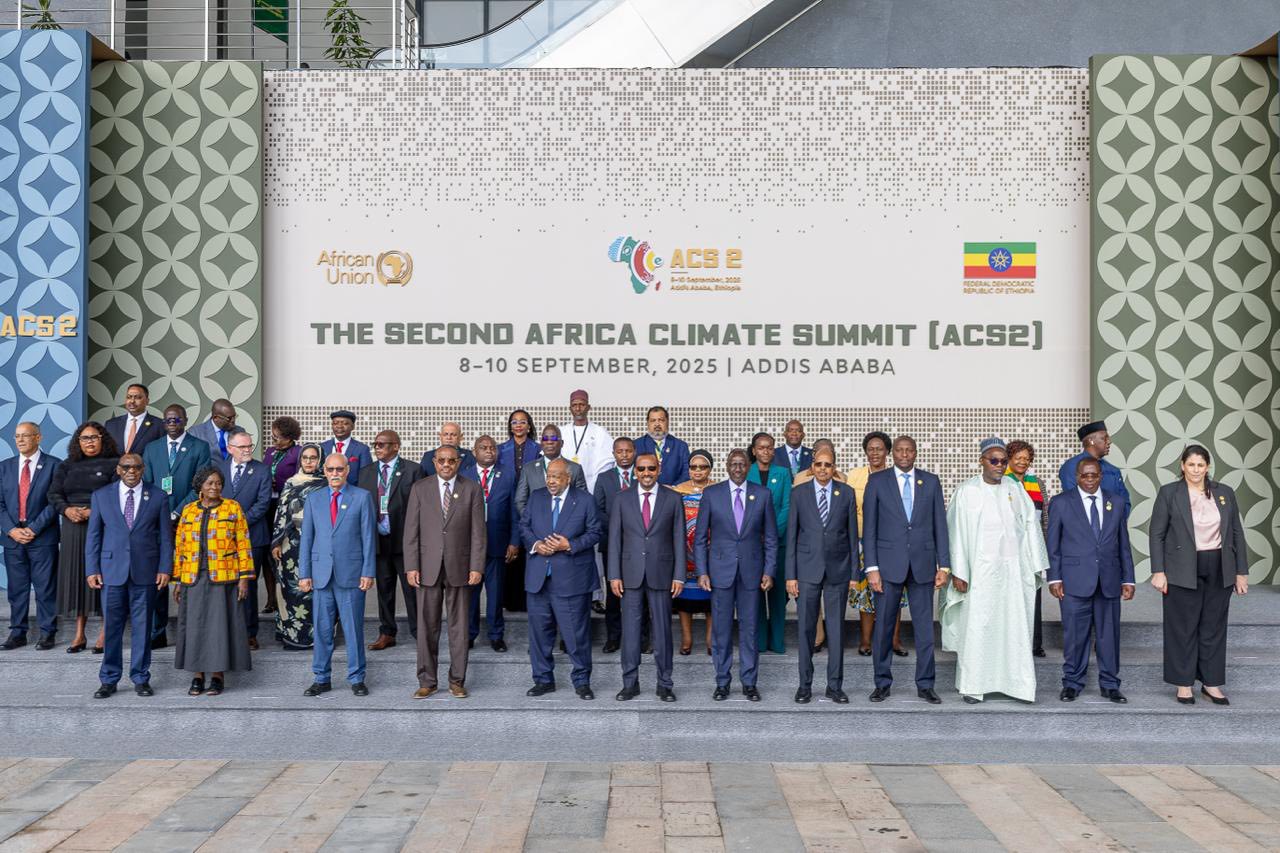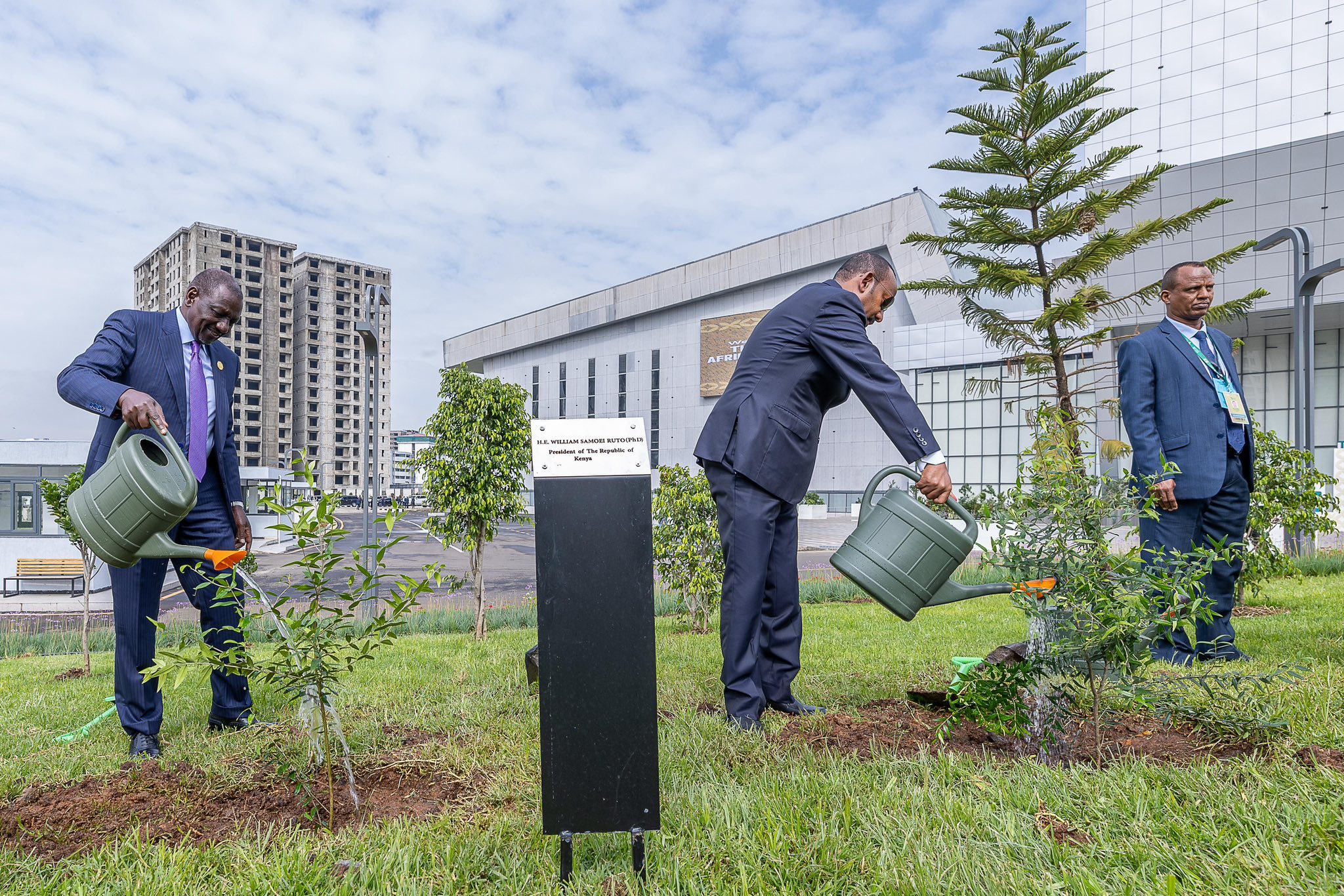Africa has taken a bold step toward sustainable growth with the unveiling of a KSh 13 trillion ($100 billion) Green Industrialisation Framework during the second Africa Climate Summit in Addis Ababa.
The framework marks one of the continent’s most ambitious efforts yet to leverage its abundant renewable energy resources for industrial transformation.
The landmark cooperation agreement, presided over by President William Ruto, brought together Africa’s leading financiers, including the African Export-Import Bank (AfreximBank), Africa50, Stanbic Bank Kenya, Equity Group Holdings, Kenya Commercial Bank Group, and Ecobank Transnational Inc. Collectively, these institutions pledged to mobilize up to $100 billion to accelerate Africa’s shift toward climate-positive industrialization.

President Ruto hailed the agreement as a milestone for Africa’s leadership in climate action and economic transformation.
“Africa’s financiers have pledged up to $100 billion to power our continent’s green industrialisation, driven by abundant renewable energy,” he said.
He further announced that Kenya will host the secretariats of the Africa Green Industrialisation Initiative (AGII) and the Africa Platform for Renewable Energy and Adaptation (APRA), cementing Nairobi’s role as a hub for continental climate leadership.
But beyond the celebration of new financing commitments, President Ruto issued a sharp critique of the global financial system, which he described as “an agent of a new form of colonialism.”
“The current international financial architecture punishes poor countries with high interest rates while rewarding rich countries with very low interest rates,” he said.
“This injustice locks developing nations in cycles of debt and dependency, denying them the resources they need to invest in growth, opportunity, and dignity for their people.”
Calling for urgent reforms, Ruto emphasised that Africa would not remain silent.
“The time has come for a fair and just financial order, one that recognises the aspirations of all nations and gives every country the chance to thrive,” he said, during a special session on “Breaking the Vicious Cycle: Debt, Nature and Climate.”

The Green Industrialization Framework builds on the Climate Positive Agenda launched during the inaugural Africa Climate Summit in Nairobi in 2023.
It aims to position Africa as a global leader in climate-smart growth by linking sustainable energy investments with industrial value chains, job creation, and climate resilience.
With the backing of Africa’s largest financial institutions and Kenya’s growing role as a climate diplomacy hub, the framework signals a new chapter in the continent’s quest to break dependency, harness renewable energy, and drive inclusive prosperity.

